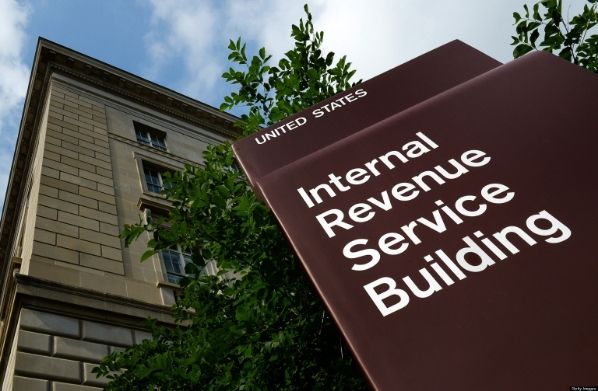Tax return fraud was big this year. The IRS has been lax in many ways from fired workers accessing private taxpayer information to scammers stealing the identities of the dead to file tax returns. Now, we can add to the list refusing to inform victims of fraudulent activity.
About 2.4 million U.S. taxpayers had their names or Social Security numbers used on falsified tax returns in 2013 (the most recent year available). Earlier this spring it was revealed that scammers used Turbo Tax software to file false state and federal returns. It caused Intuit, parent company of Turbo Tax, to suspend filing state forms.
Unfortunately, victims often didn’t learn that their private information had been used to file fraudulent returns and claim money until they legitimately went to file their taxes. However, the process to actually obtain the false returns has turned into a nightmare as the IRS refuses to share that information.
The IRS is justifying its actions. In the tax code, there’s a rule (Section 6103) created by Congress in the mid-1970s that imposes a penalty of up to five years in prison and a $25,000 fine on IRS workers who disclose personal information without permission. We’re all for protecting the private information of taxpayers, but are you really protecting private information by refusing to inform people that their private information has been stolen? If IRS employees were industrious enough, surely they should be able to disclose fraudulent returns tax fraud victims without violating the law. Perhaps redacting questionable personal information that doesn’t belong to the victims would be a solution.
This isn’t the first instance of the IRS hiding behind Section 6103. The IRS conveniently invoked this section dozens of times when Congress probed their malicious discriminatory targeting of conservative groups seeking tax exemption for added scrutiny.
Victims of fraud trying to submit accurate filings or investigate whether their private information has been compromised probably feel as helpless as conservative groups targeted by the IRS. Intuit gladly shares fraudulent returns with victims once they verify their identity, but not the IRS.
Bloomberg Business reports:
Tim Loo learned early this year that his name and Social Security number had made their way onto a fraudulent tax return, and immediately wondered whether the identity thief might also have his bank-account details or his kids’ Social Security numbers.
To survey the extent of the damage, Loo asked the Internal Revenue Service for a copy of the bogus return. It refused. TurboTax, whose tax-filing software the criminals had used, told him they couldn’t share the fake return with him either, for “privacy reasons.”
The Boston-based physician wondered: Whose privacy?
Loo is among the ranks of U.S. taxpayers — several million and rising sharply — who have had returns falsely filed in their name in recent years. New consumer-protection rules were supposed to make it easier for people like him to figure out what thieves have stolen. But there’s a catch: Other IRS rules encourage its workers to keep a tight grip on the bum returns. Employees face the specter of felony charges for giving out private details — including, possibly, those of the identity thieves — to those who aren’t authorized.
…
What he really wanted was the bogus return, and there were a couple arguments in his favor. Tax-fraud victims may be entitled to a copy of the “bad return” and information associated with it, the IRS’s legal department wrote in a 2012 memorandum available on the agency’s website…
…
The IRS’s in-house ombudsman, the Taxpayer Advocate Service, has called for minimizing the burden and anxiety on identity-theft victims. The IRS “in many ways treats the victim as someone experiencing a minor inconvenience instead of a frightening personal disaster,” it said in a report to Congress last year.
At least someone at the IRS has the good sense to realize that the IRS should be working for taxpayers and not against them. Going after the scammers is not high on the IRS’s priority list so at the very minimum the IRS should give wronged taxpayers the tools they need to ensure that no other fraud occurs against them
We’ve seen the head of the IRS complain time-and-again about budget cuts that have forced them to slow down on enforcement and not institute protections against fraud—and then they give raises and bonuses to employees who don’t work hard for taxpayers.


